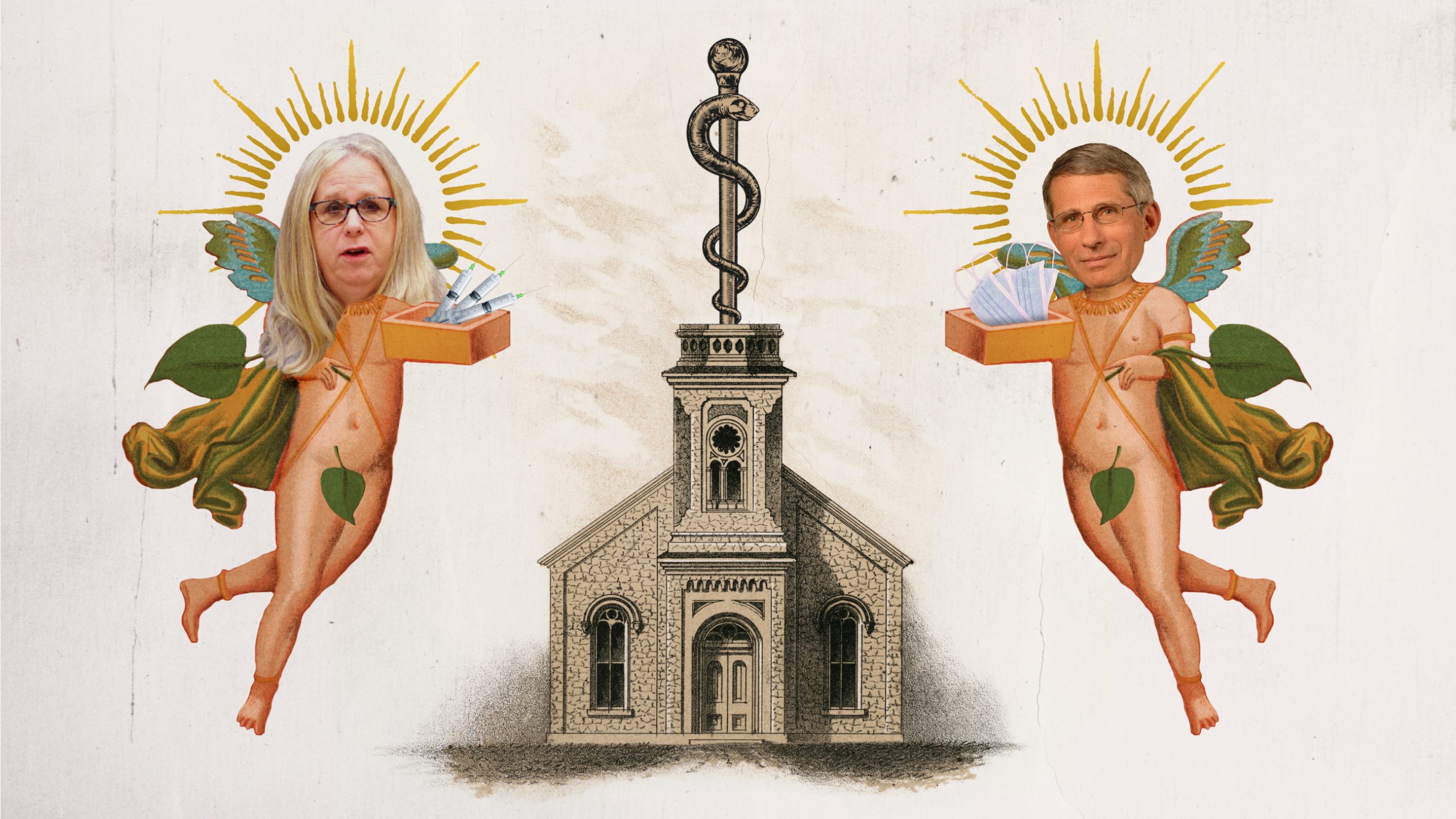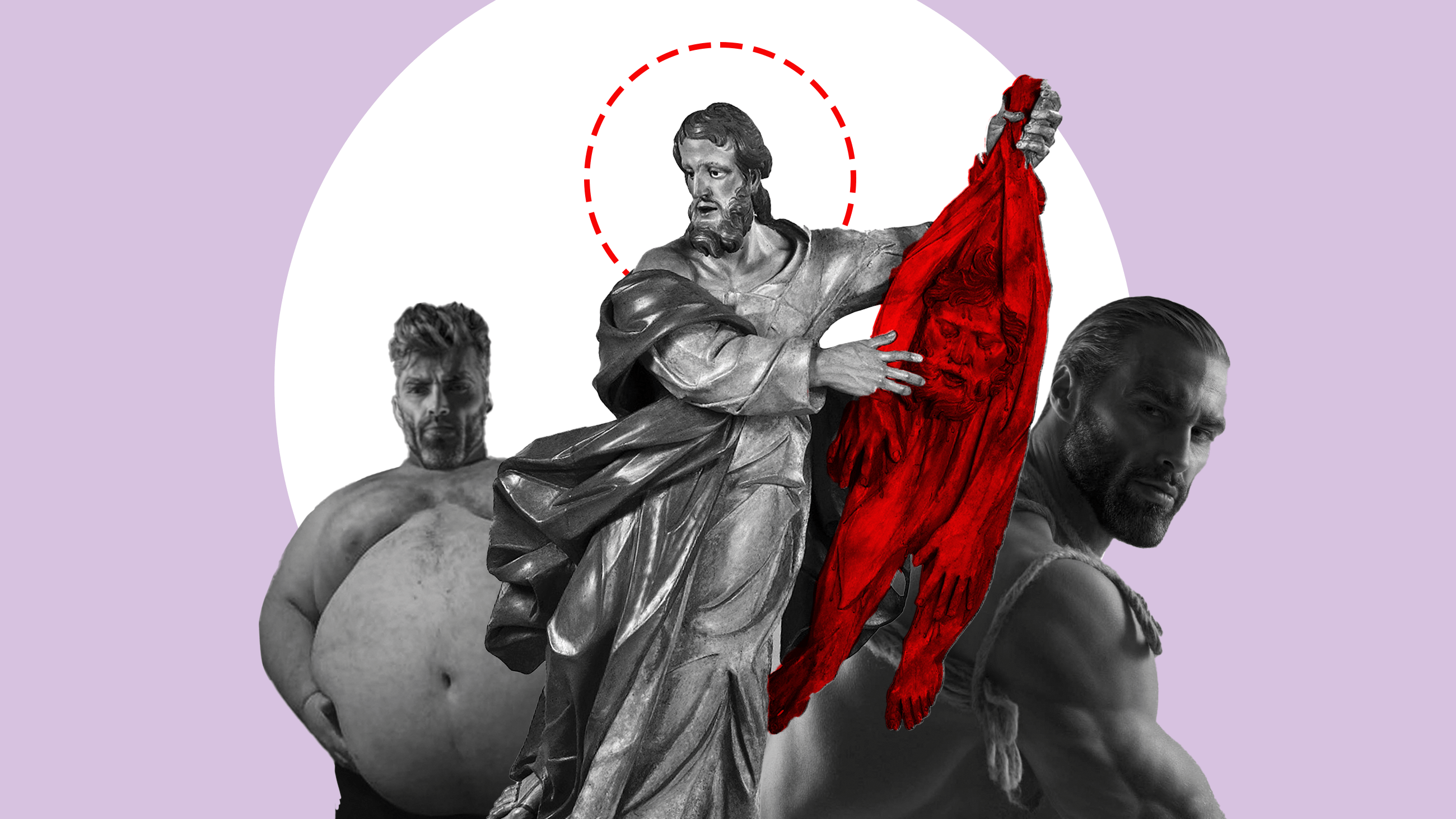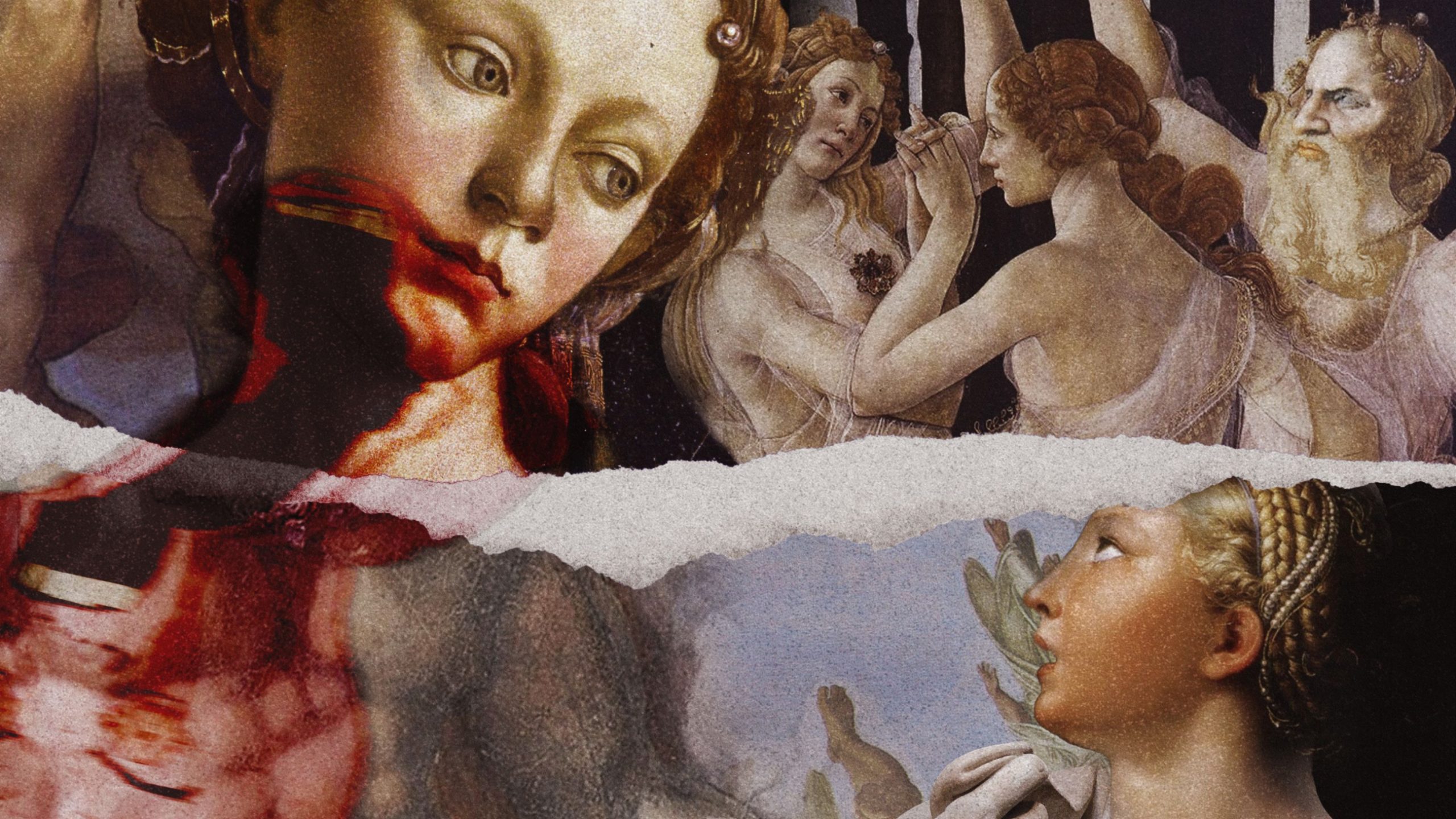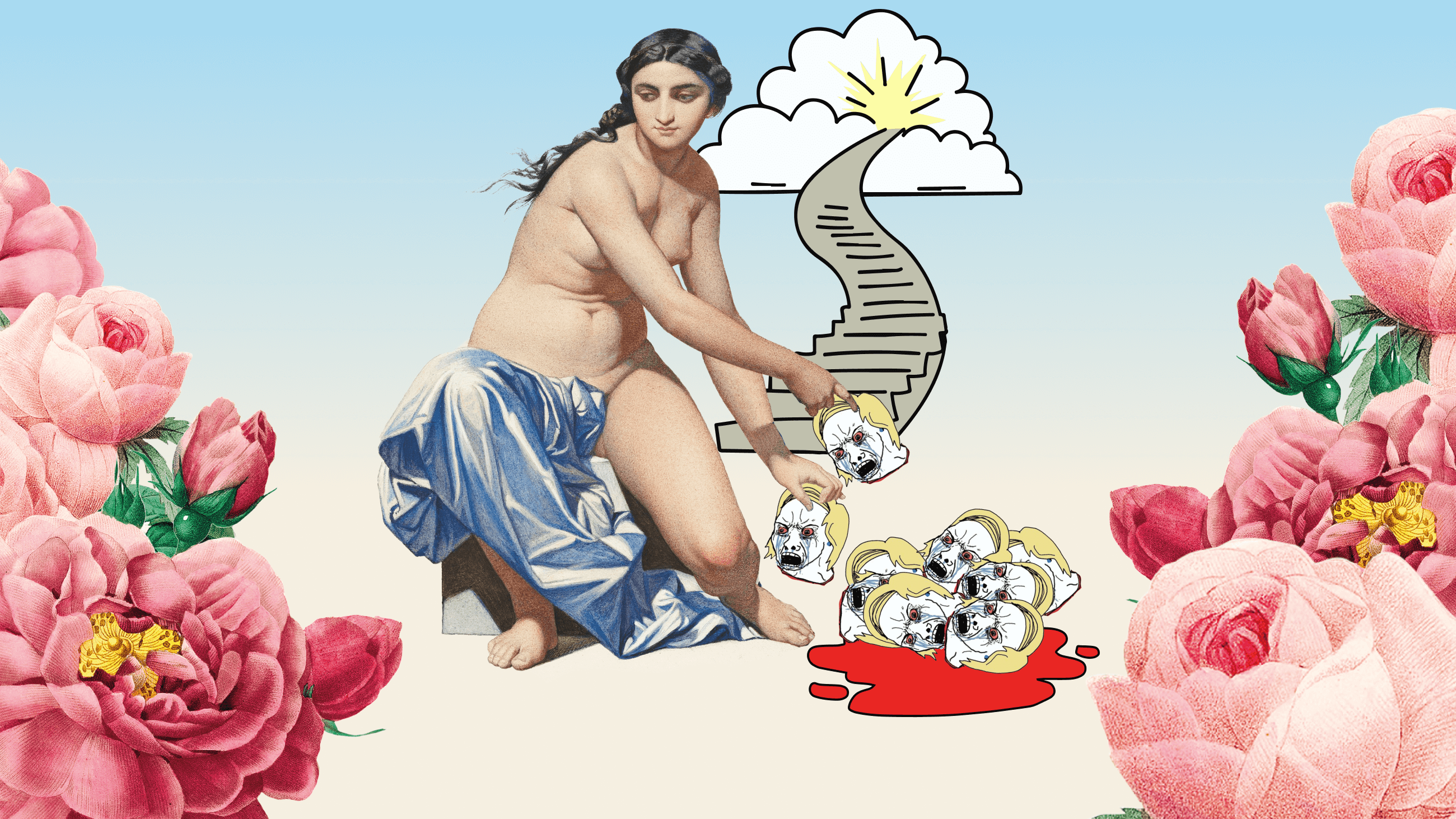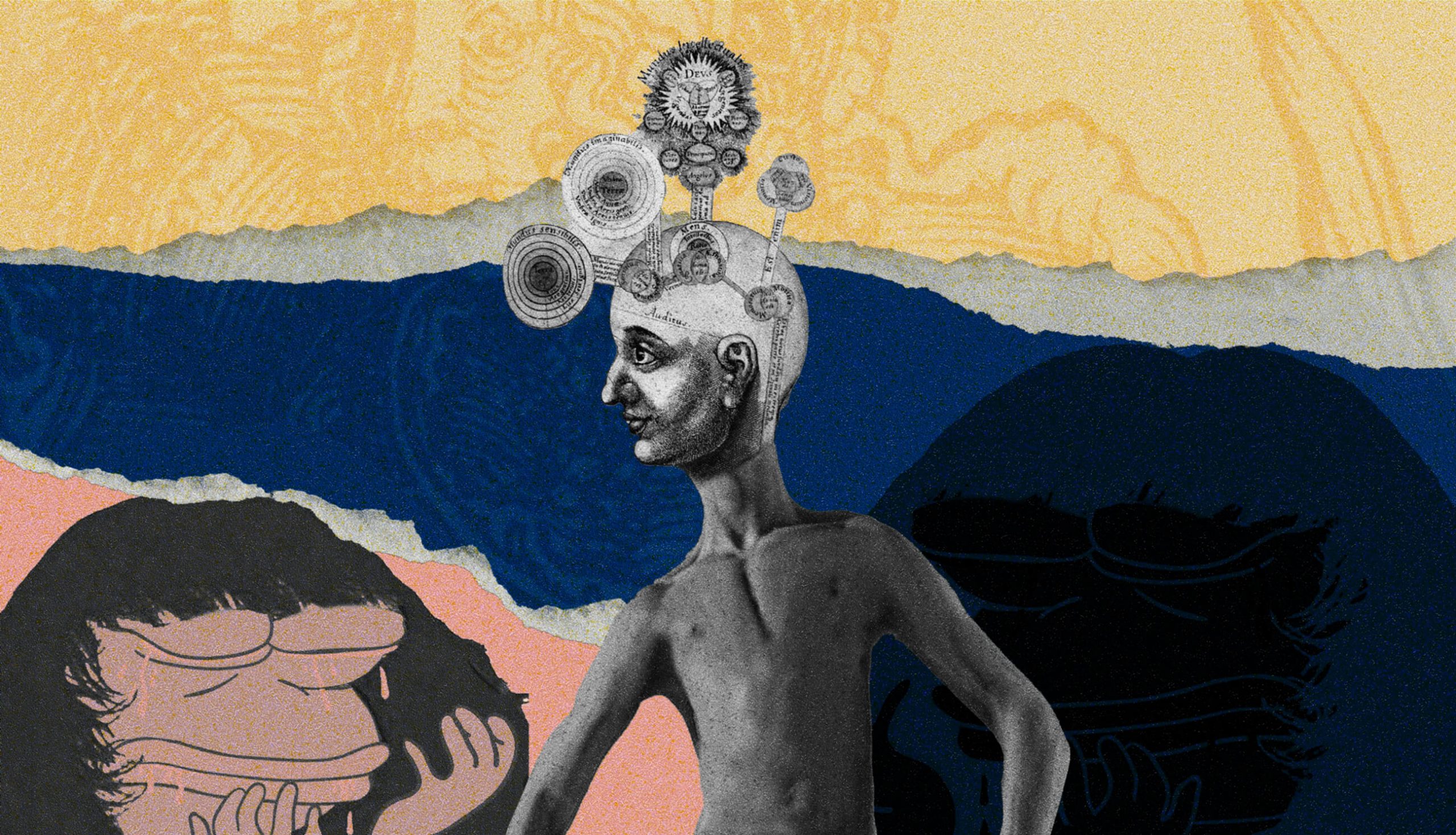The Zombie Enlightenment enslaves us to a new religion.
One Flesh, New Life
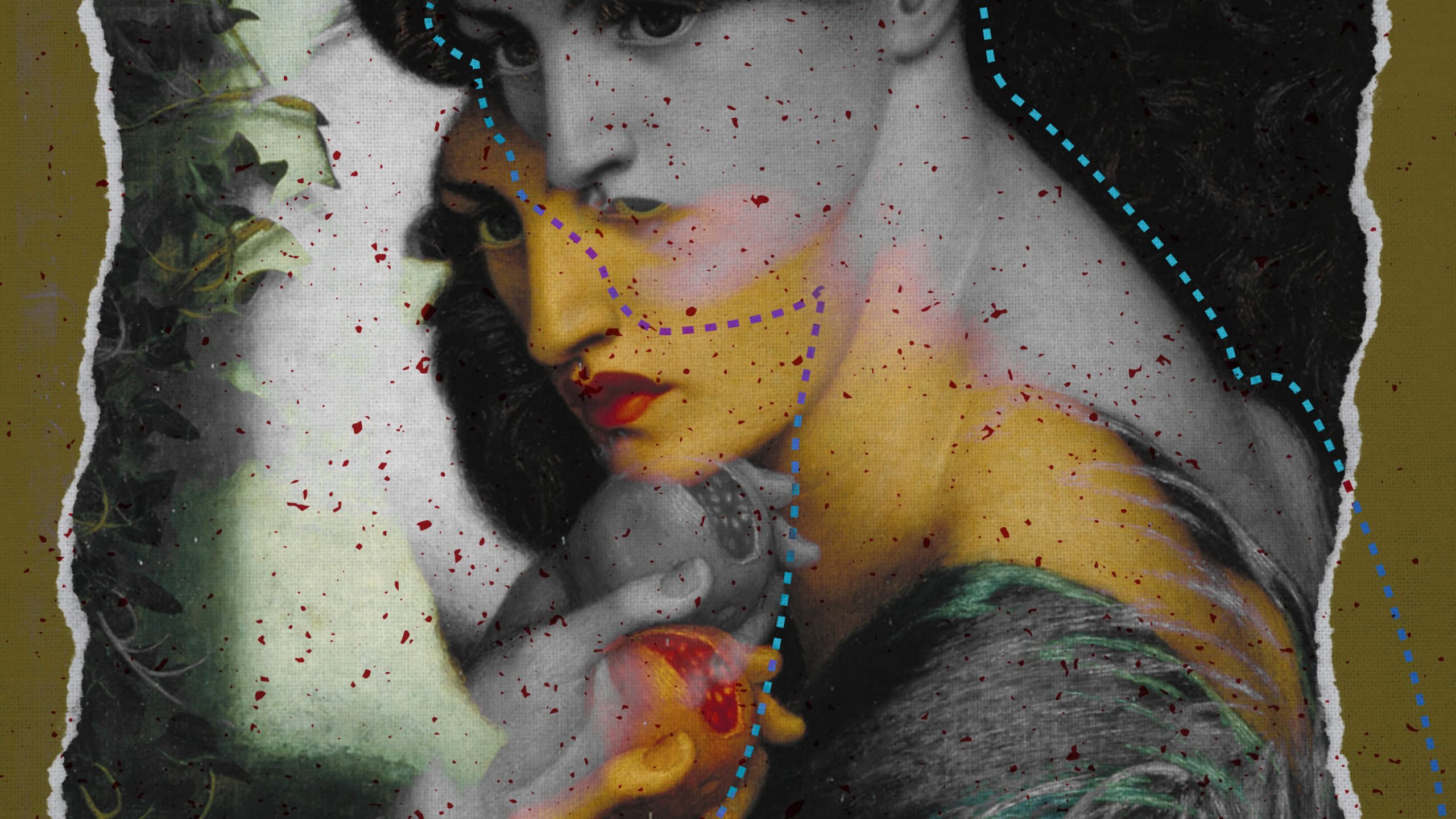
The messy union of body and soul.
When I was twelve years old, I fell in love with a man I’d never met. It could never have worked between us. I was twelve, he was 40. I lived in the city, he lived in the country. I was real, he was fictional. The list goes on.
My crush was Edward Rochester, from Charlotte Brontë’s Jane Eyre—the story of a poor, plain governess who falls for her brooding, secretive master. But I loved him all the same. He was moody, tormented, and filled with an endless capacity for love: Baby’s first Byronic hero. I’ve moved on, but some old flames never truly die. I come back to Jane Eyre again and again.
I reread it just recently, as a distraction. I was pregnant and sick as a dog, looking for anything to transport my mind outside of my body where it might transcend the distasteful and debilitating agonies of the meat it was housed in. I was growing a much-longed-for baby—a baby I had thought, for a variety of reasons, I might never conceive. But I was vomiting into trashcans and gagging at the smell of pretty much everything. I needed a break. So I turned to Jane Eyre.
As my mind struggled to ditch my body and insert itself into someone else’s love life, I noticed something about Jane Eyre I’d never noticed before. Jane’s story is bookended by two characters who also find their bodies burdensome and wish they could exist without them. Helen Burns and St. John Rivers—the prim schoolgirl and the ascetic celibate—both believe the surest path to God is to check out of the meat motel as fast as possible and exist unencumbered by physical whims and urges.
Jane encounters Helen at Lowood School. The headmaster, Mr. Brocklehurst, seeks to “mortify in these girls the lusts of the flesh.” Jane and her fellow students must endure extreme hunger, cold, and brutal corporal punishment. But Jane’s best friend Helen believes wholeheartedly in this plan to subdue the body and elevate the mind. Helen is content to die because, in dying, “debasement and sin will fall from us with this cumbrous frame of flesh, and only the spark of the spirit will remain.”
Later on we meet Jane’s cousin, St. John Rivers, the missionary. The “hard and cold” St. John utterly rejects the prospect of a loving physical relationship with the woman he admires. “No fear of death will darken St. John’s last hour,” Jane remarks.
Helen and St. John reflect a Victorian-era attitude that the path to morality and godliness is through pursuing the “pure” satisfactions of the mind at the expense of physical urges. These characters see their bodies as weights they will be all too happy to shuck off as soon as possible.
That was exactly what I was trying to do, too, as I sat there with my trashcan. I was divorcing my mind from my body and letting it live in a fantasy because my body had become a discomfort to me.
In the midst of COVID fears and lockdowns, we’ve all allowed ourselves to slip into this kind of dualism, this alienation from ourselves. We pretend that chatting with friends over FaceTime or watching church on Zoom is somehow the same as gathering together with the people we love. We beam our disembodied “selves” out into cyberspace while our bodies atrophy at home.
Maybe that’s why, this time around, I read the St. John chapters with something like horror. It appalled me to imagine Jane living out the rest of her days with someone who only loved her mind, not all of her. Her eventual return to Rochester felt like a weight lifted off my shoulders, a homecoming. There was Rochester: solid, earthy, irreverent, physical—his missing arm and eye a stark corporeal reminder. There he was. Thank God.
Yet if the mind is deformed without the body, so is the body crippled without the mind. The big plot twist in Jane Eyre is (spoiler alert!) the revelation that Rochester is already married. Rochester takes Jane to “the mouth of hell” to see his mad wife, Bertha. Her madness, Rochester reveals, was an excess of animal lust and unrestrained desire: she was “intemperate and unchaste,” her vocabulary “fouler” than a “professed harlot.”
Though he tried to love Betha, Rochester found “her cast of mind common, low, narrow, and singularly incapable of being led to anything higher.” She was unable to elevate her mind above the animal urges of the body (lust, murder, hunger, rage) and, over time, she became the “demon” Jane observes in the attic.
Bertha exemplifies what we become when we imagine ourselves as mere flesh. I was not, sitting there with my copy of Jane Eyre propped up on my giant belly, merely an incubator for my growing son. And, though the current culture of pornography, sex toys, sex dolls, and casual hook-ups might indicate otherwise, we are not just collections of urges to be satisfied or itches to be scratched.
What, then, are we meant for? Jane’s journey leads her back at last to Rochester. “Oh, I longed for thee,” Rochester tells Jane, “both with soul and flesh!” And from their reunion—codified by marriage—they create new life. Our bodies are the instrument of our most important job on earth: creation. With our bodies we create life, and in doing so we elevate our spirits.
My son was born in an operating room while I threw up into a pink basin and doctors cut my flesh open to pull him out. There was blood, and tears, and vomit, and sweat. And there was a baby. A new, perfect, human being. A being my husband and I created with our bodies. A being I brought forth from my body. A being we would nurture and teach and shape and love. My baby is—we all are—flesh and spirit, body and soul. That’s the truth of us—messy, disgusting, glorious, breathing, and whole.
The American Mind presents a range of perspectives. Views are writers’ own and do not necessarily represent those of The Claremont Institute.
The American Mind is a publication of the Claremont Institute, a non-profit 501(c)(3) organization, dedicated to restoring the principles of the American Founding to their rightful, preeminent authority in our national life. Interested in supporting our work? Gifts to the Claremont Institute are tax-deductible.
Liberal feminism relentlessly aggresses against the female body and soul.
The digital era has awoken an ancient revulsion with the flesh.
Human bodies are irrevocably either male or female. Attempts to change that are recklessly destructive.
Finding a middle ground between Kardashian bod and blobby positivity.
Your mind is not the only thing you are.

